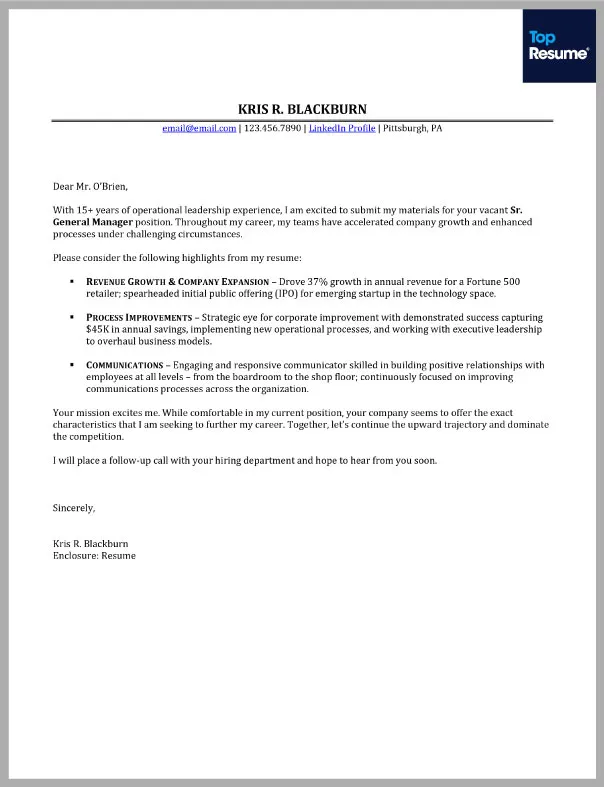Why Cover Letters Still Matter
In an age of digital applications and automated resume screenings, you might be wondering, ‘Do cover letters even matter anymore?’ The answer is a resounding yes! While a strong resume is crucial, a well-crafted cover letter serves as your personal introduction, offering you a unique opportunity to showcase your personality, passion, and suitability for a specific role. It allows you to go beyond a list of qualifications and tell a compelling story that resonates with the hiring manager. Cover letters provide context, explain career transitions, and highlight experiences that might not be immediately apparent from your resume. They are a key tool to express your genuine interest in the company and the position, demonstrating that you’ve taken the time to understand their needs and are not just sending a generic application. A cover letter, when done right, can significantly increase your chances of securing an interview and landing your dream job. In short, it’s your first impression, and it’s one you want to make count.
Highlighting Your Key Skills (Tip 1)
One of the most effective ways to grab attention is by clearly highlighting the skills most relevant to the job you’re applying for. Don’t just list them; weave them into a narrative. Analyze the job description carefully and identify the key skills the employer is seeking. Then, in your cover letter, provide specific examples of how you’ve utilized those skills in previous roles or projects. Use action verbs to describe your accomplishments, and whenever possible, quantify your achievements. For instance, instead of saying ‘Managed social media accounts,’ say ‘Increased social media engagement by 40% through targeted content and strategic campaigns.’ This shows, rather than tells, your abilities. Tailor your focus to match the job requirements. By presenting concrete evidence of your skills, you immediately demonstrate your value and make it easy for the hiring manager to see how you can contribute to their team. This targeted approach will help your cover letter stand out from the stack of generic applications.
Tailoring Your Cover Letter (Tip 2)
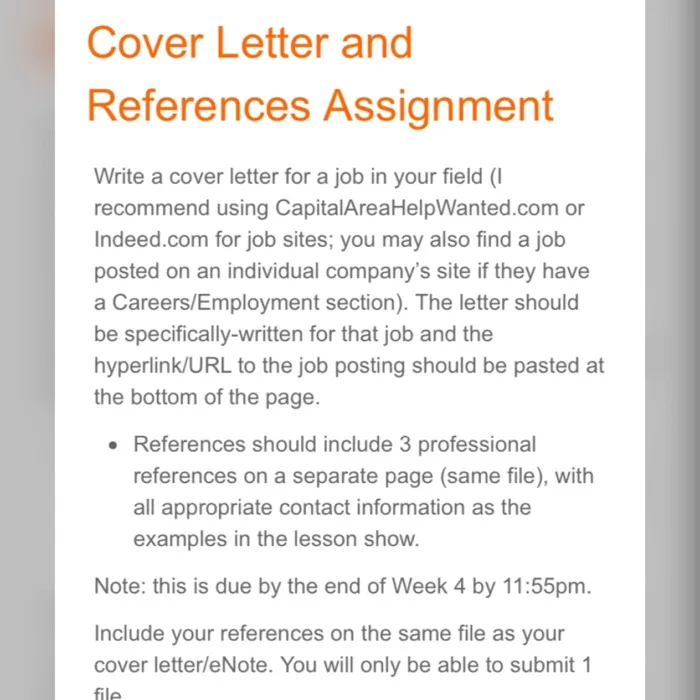
Generic cover letters are easily recognizable and often end up in the rejection pile. To capture attention, you must tailor each cover letter to the specific job and company you are applying for. This means researching the company’s values, mission, and recent projects. Identify how your skills and experience align with their needs and goals. In your cover letter, reference specific aspects of the company that resonate with you. Explain why you are genuinely interested in working for them and how you can contribute to their success. Address the specific requirements outlined in the job description, using keywords and phrases from the listing. Show that you understand the role and are excited about the opportunity. This level of personalization demonstrates that you have put in the effort, which signals your sincere interest and increases the likelihood of getting noticed. A tailored cover letter is a clear sign that you are not just sending out mass applications but are genuinely interested in this specific position.
Show, Don’t Just Tell (Tip 3)
Avoid generic statements about your skills and qualities. Instead, bring them to life by providing concrete examples and anecdotes. ‘Show, don’t tell’ is a fundamental principle of effective communication, and it’s particularly crucial in cover letters. Rather than simply stating you are a good team player, describe a situation where you successfully collaborated with others to achieve a common goal. Illustrate your problem-solving abilities by sharing a specific challenge you overcame and the steps you took to resolve it. When describing your accomplishments, use the STAR method Situation, Task, Action, Result to provide context and demonstrate the impact of your contributions. For example, instead of saying ‘I improved customer satisfaction,’ you could say ‘In my previous role, I noticed a high volume of customer complaints regarding product returns (Situation). My task was to streamline the returns process (Task). I implemented a new online portal and provided additional training for the customer service team (Action). As a result, customer satisfaction scores increased by 20%, and return processing time was reduced by 15% (Result).’ This approach allows the hiring manager to understand the value you bring and paints a vivid picture of your capabilities.
Quantifying Your Achievements (Tip 4)
Numbers speak volumes. When describing your accomplishments, use data and metrics to quantify your achievements. This adds credibility to your claims and provides tangible evidence of your impact. Whenever possible, include specific figures, percentages, and dollar amounts. For example, instead of saying ‘Increased sales,’ say ‘Increased sales by 15% within six months.’ Instead of ‘Improved efficiency,’ say ‘Reduced operational costs by 10% through process optimization.’ Quantifying your achievements allows the hiring manager to quickly grasp the value you brought to your previous roles. It demonstrates your ability to measure results and make data-driven decisions. If you were responsible for managing a budget, state the size of the budget you managed. If you were involved in a project, mention the project’s budget or the number of people involved. Use metrics to highlight your skills in areas such as sales, marketing, project management, and customer service. Remember, numbers provide a clear and convincing picture of your capabilities.
Researching the Company (Tip 5)
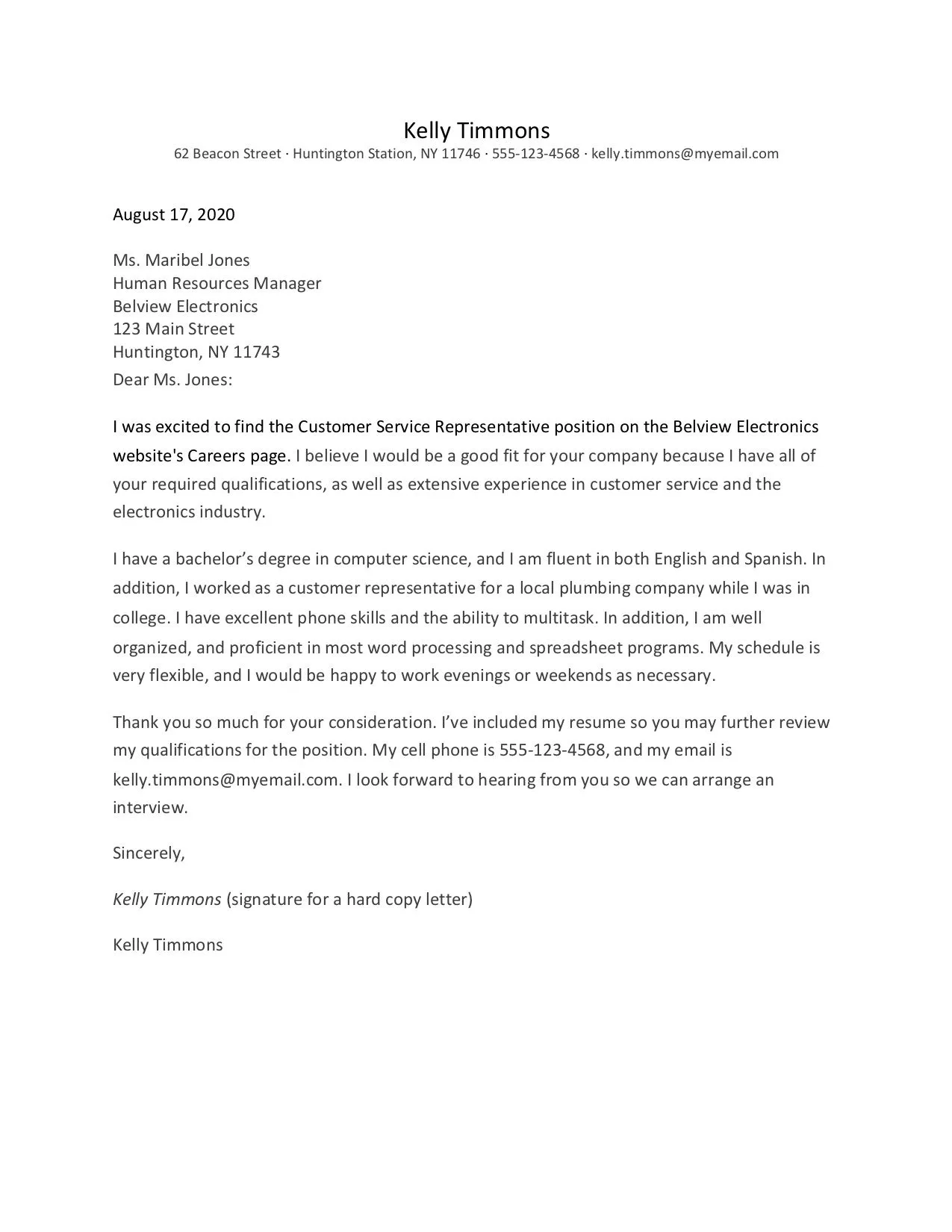
Demonstrate your interest by researching the company before writing your cover letter. A generic cover letter quickly gets discarded. Showing that you know about the company’s mission, values, and recent projects shows your genuine interest. Visit their website, read news articles, and check their social media profiles. In your cover letter, reference specific aspects of the company that resonate with you. Explain why you are genuinely interested in working for them and how your skills align with their goals. Mention a recent company achievement or a project that excites you. This level of detail proves you’ve taken the time to understand their needs. Showing that you are not just sending a generic application increases your chances of getting noticed and demonstrates your initiative and enthusiasm. Researching the company is about showing that you care and that you are serious about this specific opportunity.
Demonstrating Enthusiasm (Tip 6)
Your cover letter is a chance to showcase your enthusiasm for the role and the company. Let your passion shine through! Use energetic language and express your excitement about the opportunity. Clearly state why you are interested in this specific position and what motivates you to join their team. Avoid sounding generic or indifferent. Instead, convey your genuine interest in the company’s mission, values, and the specific role you are applying for. Highlight what excites you about the opportunity and how you see yourself contributing to their success. Consider mentioning specific projects or aspects of the company that resonate with you and why you are drawn to them. By expressing enthusiasm, you make a positive first impression and demonstrate that you are eager to contribute. Enthusiasm is contagious, and it can significantly increase your chances of standing out and making a lasting impression on the hiring manager.
Proofreading is Crucial (Tip 7)
Typos and grammatical errors can undermine your credibility and make you appear careless. Always proofread your cover letter meticulously before submitting it. Read it aloud to catch any awkward phrasing or mistakes. Ask a friend, family member, or career advisor to review it as well. They may spot errors you missed. Pay close attention to grammar, spelling, punctuation, and sentence structure. Ensure your cover letter is easy to read and free of any inconsistencies. A polished, error-free cover letter demonstrates your professionalism and attention to detail, which are crucial qualities employers seek. Poorly written cover letters can give the impression that you are not serious about the job. Taking the time to proofread is a simple step that can significantly enhance the impact of your application and increase your chances of making a positive impression.
Keeping it Concise (Tip 8)
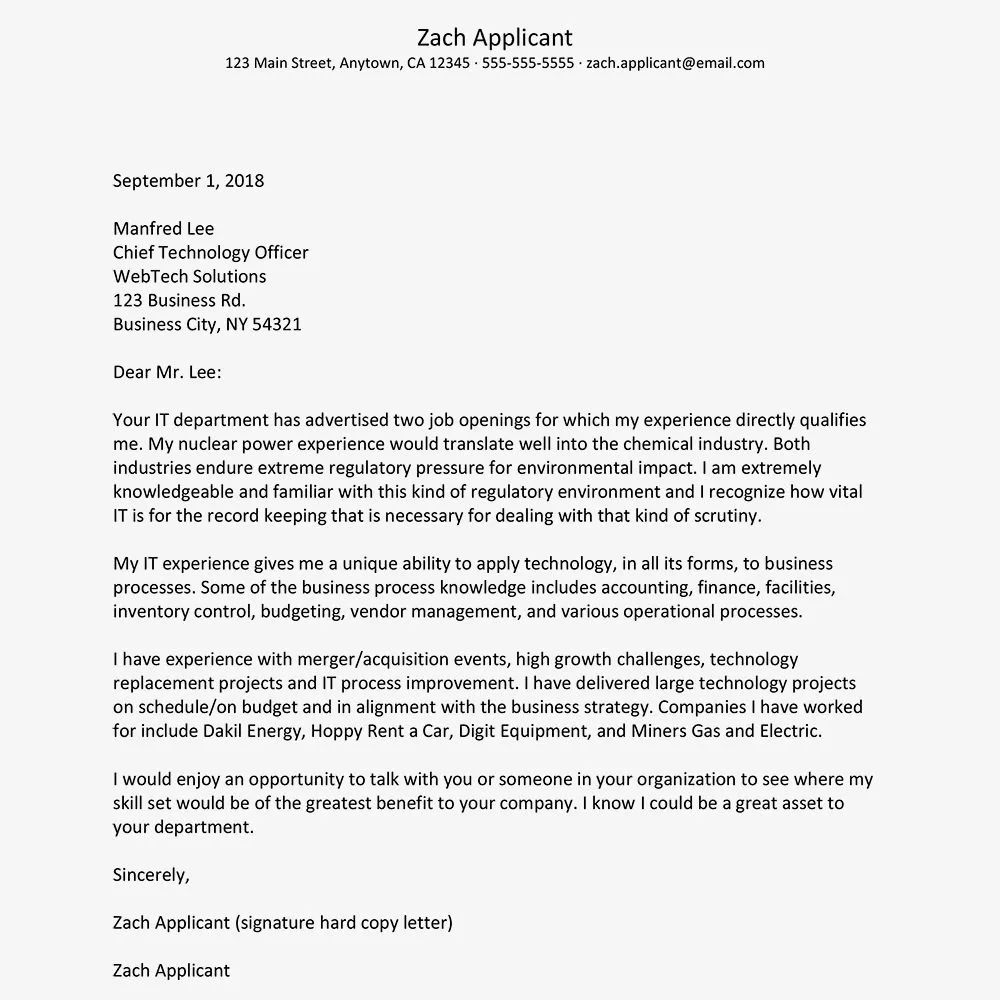
Hiring managers are busy, so keep your cover letter concise and to the point. Aim for a length of no more than one page, ideally shorter. Focus on the most relevant information and avoid unnecessary details. Use clear and concise language, and avoid jargon or overly complex sentences. Get straight to the point and highlight the key points that make you a strong candidate. Each sentence should have a purpose, and every paragraph should contribute to your overall message. Break up long blocks of text with short paragraphs and bullet points. This will improve readability and make it easier for the hiring manager to quickly grasp your key qualifications and enthusiasm. A well-written, concise cover letter shows that you respect the reader’s time and can effectively communicate your ideas.
Using a Professional Tone (Tip 9)
Maintain a professional tone throughout your cover letter. This means using formal language and avoiding slang, contractions, and casual expressions. Address the hiring manager appropriately, using their name if possible, or ‘Dear Hiring Manager.’ Be polite and respectful in your communication. The tone of your cover letter reflects your professionalism and shows the employer how you would communicate in the workplace. While it’s important to express your personality, do so in a way that aligns with professional standards. Your goal is to demonstrate that you are a serious candidate who understands workplace etiquette. Avoid overly familiar or informal language, and proofread carefully to catch any unintentional errors. A professional tone sets the right impression and shows you are ready to perform professionally.
Including a Call to Action (Tip 10)
End your cover letter with a clear call to action. Let the hiring manager know what you want them to do next. Do you want them to schedule an interview? Are you open to discussing your qualifications further? State your interest in the position and your availability for an interview or meeting. Make it easy for them to take the next step. Thank the hiring manager for their time and consideration. Reiterate your enthusiasm for the opportunity and express your interest in hearing from them soon. Your call to action should be clear, concise, and professional. It should leave the hiring manager with a positive impression and a clear understanding of what you are hoping to achieve. By including a call to action, you signal your interest and initiative, and you increase your chances of moving forward in the application process.
Final Thoughts and Next Steps
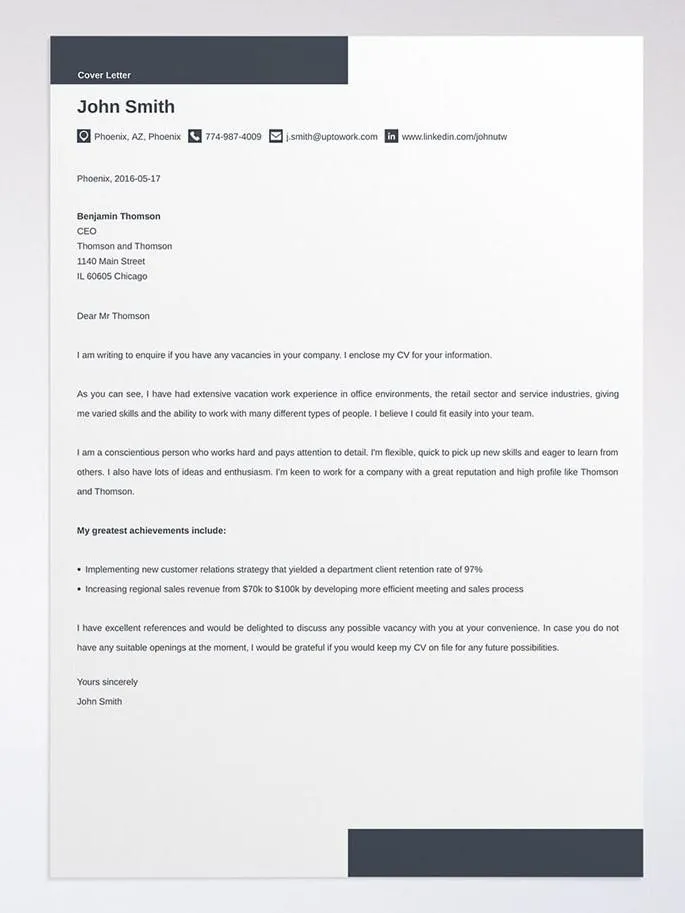
Crafting a compelling cover letter is an essential step in your job search journey. By focusing on highlighting your key skills, tailoring your letter, demonstrating your achievements, and showcasing your enthusiasm, you can create a cover letter that grabs attention and sets you apart from the competition. Proofread carefully, keep it concise, and maintain a professional tone throughout. Remember to end with a clear call to action. With these tips, you can significantly increase your chances of landing an interview and securing your dream job. Take the time to personalize your cover letter for each application, and be confident in your ability to impress prospective employers. Your cover letter is your chance to make a great first impression and open the door to new opportunities. Good luck, and happy job hunting!
